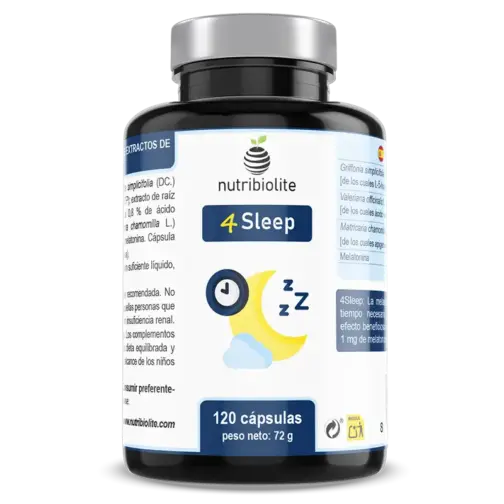A study in Revista da Escola da Escola de Enfermagem da U S P 2025, conducted with more than 26,000 women from nine countries, explored how technology to record body temperature can help improve prediction of fertile time and support a more accurate bedtime routine. Although its focus was fertility, the findings offer clues about how biological rhythms and regularity benefit both the menstrual cycle and the sleep-wake cycle.
The research evaluated different devices and apps that measure basal (lowest resting body) temperature during sleep. The results indicate that following regular patterns and using standardised measurements improves the body’s ability to synchronise, which can translate into a more stable night’s rest. However, the study also acknowledges important limitations: most of the evidence is preliminary and long-term research with diverse cohorts is lacking.
Why internal rhythms are essential for better sleep
Sleep is a rhythmic process, guided by internal signals such as melatonin, ambient light and small changes in body temperature. When these factors align, the body understands that it is time to rest. Natural production of melatonin, known as the sleep hormone, increases at nightfall and drops at dawn.
According to the study cited above, paying attention to internal cycles (whether for fertility or rest) helps optimise sleep quality without the need for drastic interventions. The key is to stick to regular schedules, eat a light dinner and reduce light stimuli before bedtime.
Simple changes that support your natural rhythm
Scientific evidence supports daily habits to promote sleep and rest: keeping a fixed bedtime, eating an early dinner, dimming lights and avoiding screens at least half an hour before bedtime. Even small rituals such as drinking a relaxing herbal tea or practising slow breathing can make a difference.
From the age of 40 onwards, natural melatonin levels progressively decrease, which can make it difficult to fall asleep or keep it stable throughout the night. Factors such as prolonged stress, shift work or long journeys can also upset this delicate physiological balance.
When extra support is needed: this is how 4Sleep fits in
At times when internal rhythms lose precision – for example after life changes or prolonged periods of stress – external support can be helpful. This is where 4Sleep comes in, a food supplement formulated with melatonin (1 mg), standardised Griffonia simplicifolia extract (providing 49 mg of 5-HTP), as well as valerian and chamomile. This combination acts along the same physiological pathways described by recent studies: it helps initiate sleep thanks to melatonin, supports its maintenance through 5-HTP (direct precursor in natural synthesis), and promotes gentle relaxation with traditionally used plants without risk of dependence or residual drowsiness.

Melatonin 1 mg and 5-HTP with relaxing plants.
Frequently asked questions about night routine and natural supplementation
What distinguishes 4Sleep from other melatonin-only supplements?
4Sleep combines melatonin (1 mg) with standardised extracts of Griffonia (49 mg 5-HTP), valerian and chamomile. It thus accompanies all phases of physiological rest without exceeding recommended doses or causing daytime drowsiness.
When does it make sense to use a supplement like 4Sleep?
It makes sense when external factors (continuous stress, jet lag or age) disturb the internal clock and healthy routines are not enough to restore it.
Does it produce dependence or a heavy feeling when waking up?
No. There is no tolerance or dependence because it respects the body’s natural limits. Its ingredients are approved by European and international authorities for safe use in healthy adults.
How long can I take it for?
You can use it occasionally or for long periods of time as long as situations that make it difficult to rest persist. It does not replace healthy habits but complements good night-time hygiene.
How should I take it to notice its benefits?
Take one capsule about thirty minutes before bedtime each day at regular times. Avoid bright screens and try to create a relaxed atmosphere before bedtime.
This content is for information only and is not a substitute for the advice of a healthcare professional.















